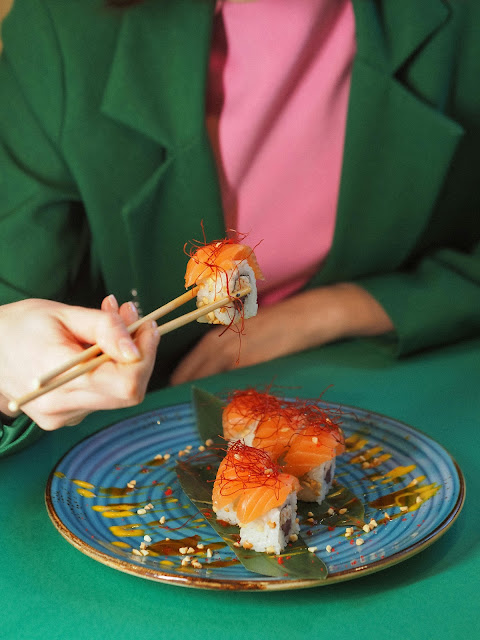8 Anti-Aging Secrets to Learn from the Japanese
1. Balanced Diet (Washoku)
The traditional Japanese diet, known as Washoku, includes a variety of vegetables, fish, rice, and soy products like tofu and miso. This diet is rich in nutrients and antioxidants that promote overall health and combat aging.
Example: Eating miso soup, a staple in Japanese cuisine, provides probiotics for gut health and antioxidants to fight free radicals.
2. Green Tea Consumption
Green tea, especially matcha, is packed with antioxidants called catechins that protect cells and reduce inflammation.
Example: Drinking a cup of green tea daily can help reduce the risk of chronic diseases and promote a youthful complexion.
3. Skin Care Rituals
Japanese skincare routines emphasize gentle cleansing, hydration, and protection from the sun.
Example: Using products with natural ingredients like rice bran oil and camellia oil can nourish the skin and keep it youthful.
4. Regular Physical Activity
The Japanese incorporate physical activity into their daily lives, whether it's through traditional martial arts, walking, or gardening.
Example: Practicing tai chi or yoga can improve flexibility, balance, and mental well-being, all of which contribute to a youthful appearance.
5. Social Connections
Maintaining strong social ties and participating in community activities is a significant aspect of Japanese culture.
Example: Engaging in group activities, such as tea ceremonies or community events, can reduce stress and promote a positive outlook on life.
6. Stress Management
Techniques such as meditation, mindfulness, and spending time in nature (shinrin-yoku or forest bathing) help manage stress.
Example: Taking a walk in a park or practicing deep-breathing exercises can lower cortisol levels and slow down the aging process.
7. Quality Sleep
The Japanese place importance on getting adequate rest and maintaining a regular sleep schedule.
Example: Creating a calming bedtime routine, such as drinking herbal tea and avoiding screens before bed, can improve sleep quality.
8. Mindful Eating
The practice of eating slowly and appreciating each bite can prevent overeating and aid in digestion.
Example: Following the principle of "hara hachi bu," or eating until you are 80% full, can help maintain a healthy weight and reduce the risk of age-related diseases.
By incorporating these habits into your daily life, you can enhance longevity and maintain a youthful appearance. Explore more about these practices and start your journey to healthier living today!

















